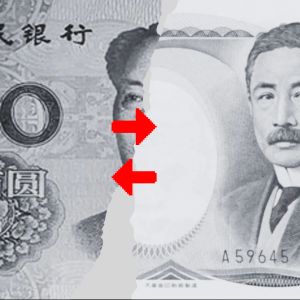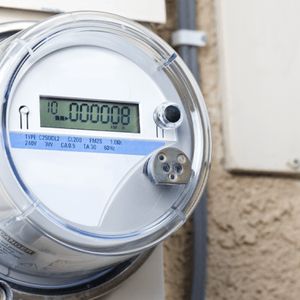The Kobeissi Letter indicated that China recorded lower interest rates for the first time in 30 years than Japan. The report also highlighted that China’s economy is currently described as a “deflationary spiral,” as seen in Japan in the 1990s. The report revealed that China’s bond yield fell over 50 basis points above its Japanese Government Bond equivalent. Data from Trading Economics also showed that Chinese stocks plummeted by nearly 5% this year and are underperforming their regional and global peers. China continues to cut interest rates contrary to Japan This has NEVER happened in recent history: In a sudden collapse, 30-year interest rates are now LOWER in China than Japan. China's economy is currently being described as a "deflationary spiral" as seen in Japan in the 1990s. — Manish Malhotra (@algotradingdesk) January 8, 2025 The Kobeissi Letter demonstrated that Investors in China’s $11 trillion government bond market had never been so pessimistic about the country, which caused the largest gap in US/Chinese bond yields in history. The firm also cautioned that China’s $11 trillion bond market flashed warning signs. The country’s bond yields had plummeted below 1.00%, and its 30-year yield fell below the Japanese Government Bond (JGB) yield for the first time. The report mentioned that China’s population dynamics were shifting and the real estate collapse would be worse than in 2008, similar to what Japan saw in the 1990s. It also confirmed that Japan had still not recovered from the collapse 25+ years later. The report noted that China’s current population dynamics are similar to Japan’s in the 1990s. The firm revealed that 39% of the Chinese population will be over retirement age in 2050. The publication also confirmed that 45% of the Chinese population will be aged 65 or older, up from 13% in 2010. The report also suggested that the increase in population stemmed from the abolishment of the one-child policy in 2016. The report claimed that the rise in population had caused a collapse in Chinese real estate. It specified that China’s real estate had destroyed $18 trillion of Chinese household wealth since 2021. The research firm also compared China’s real estate crash to the U.S. 2008 real estate crash, which equaled ~$17 trillion today if adjusted to current inflation. The Kobeissi Letter confirmed that markets had not crashed, causing a 2008-like event in China that led to ripple effects around the world. The report mentioned that, instead, China and the U.S. are in polar opposite situations. CEIC Data revealed that China’s foreign exchange reserves dropped by $64 billion last month, representing 2% of the country’s total stash. JP Morgan analysts also indicated that the sharp drop resulted from Beijing’s efforts to mitigate capital outflow in December. Barclay’s economists also pushed out their forecast for the next BOJ interest rate hike from January to March and the timing of the subsequent increase from July to October. Kobeissi Letter suggests China’s consumer confidence reduced The Kobeissi Letter revealed that consumer confidence in China had collapsed, and even the stimulus could not help revive it. The country had rolled out a $1.4 trillion package for the central government to take on the debts of local governments and promised more monetary stimulus in 2025. The firm also wrote that consumer confidence in China fell by ~50 points over the last three years to a 30-year low. The publication noted that such a drop in consumer assessment of the Chinese economy had never been experienced before. The report also mentioned that the drop in consumer confidence had weakened the Chinese Yuan, which resulted in another crisis within a crisis. The firm disclosed that the Chinese Yuan has nearly reached its weakest level against the U.S. dollar since 2007. The publication argued that currency markets are trading like China is in its own modern-day 2008 real estate collapse. The Kobeissi Letter noted that China’s real estate collapse might be the reason the country is stocking up on gold reserves. The publication revealed that China’s central bank resumed gold purchases in November 2024. The firm also confirmed that the world’s second-largest economy held a record ~73 million fine troy ounces of gold. The publication also revealed that the implications of China’s real estate collapse will spread beyond the country’s real estate market. The letter also stated that it expected more volatility in the market in 2025. From Zero to Web3 Pro: Your 90-Day Career Launch Plan




















